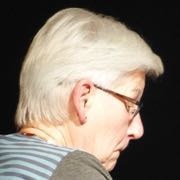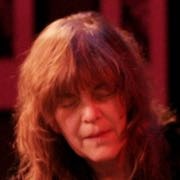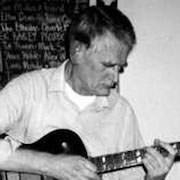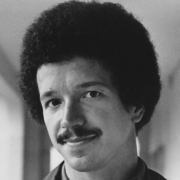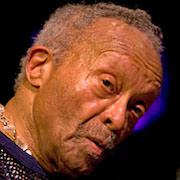The Feminist Improvising Group (FIG) were a five- to eight-piece international free improvising avant-garde jazz and experimental music ensemble formed in London in 1977 by Scottish vocalist Maggie Nicols and English bassoonist/composer Lindsay Cooper. Their debut performance was at a "Music for Socialism" festival at the Almost Free Theatre in London in October 1977, and they toured Europe several times in the late 1970s and early 1980s.
FIG were the first publicly performing women-only group of improvisers and challenged the hitherto male-dominated musical improvisation community. The group consisted of women from different backgrounds with different levels of musicianship, and their concerts were a combination of music and theatre that dealt with everyday women's issues. FIG also integrated "lesbian sexuality" into their performances that, Canadian academic Julie Dawn Smith said, "queered" the improvisational space and "demanded queer listening".
FIG were generally not well received by male improvisers, who Nicols said criticised their technical ability and their "irreverent approach to technique and tradition". Smith noted that FIG's performances were also criticised by some feminists for being "too virtuosic and abstract", but they generally received positive reactions from both women and men at concerts. A review in the improvised music magazine Musics said that FIG's debut performance "was a welcome contrast to the previous performances [of the evening] which had been singularly humourless."
In 1983 FIG evolved into the European Women's Improvising Group (EWIG), bowing to pressure to tone down their name. FIG were influential on the second-generation improvisation scene and spawned a number of women-only improvising groups and events. FIG were also educational in that they exposed new audiences to improvisation and feminism.


